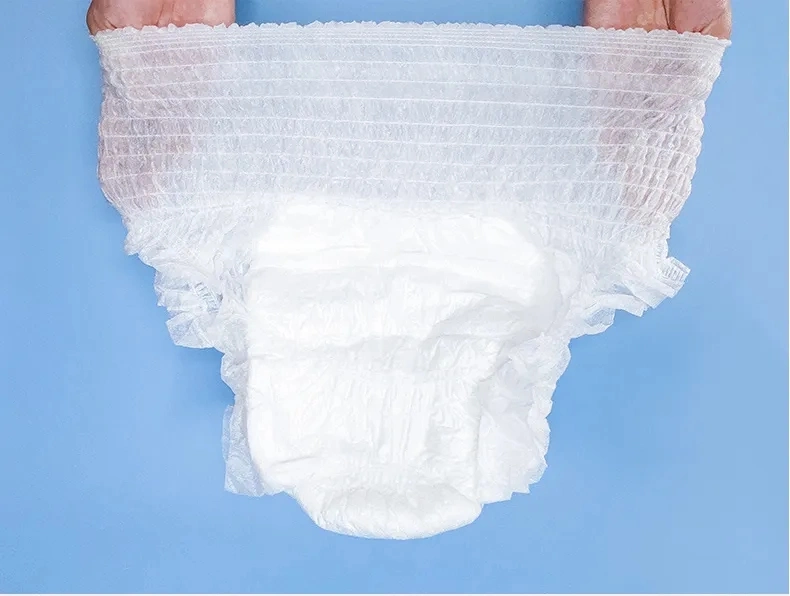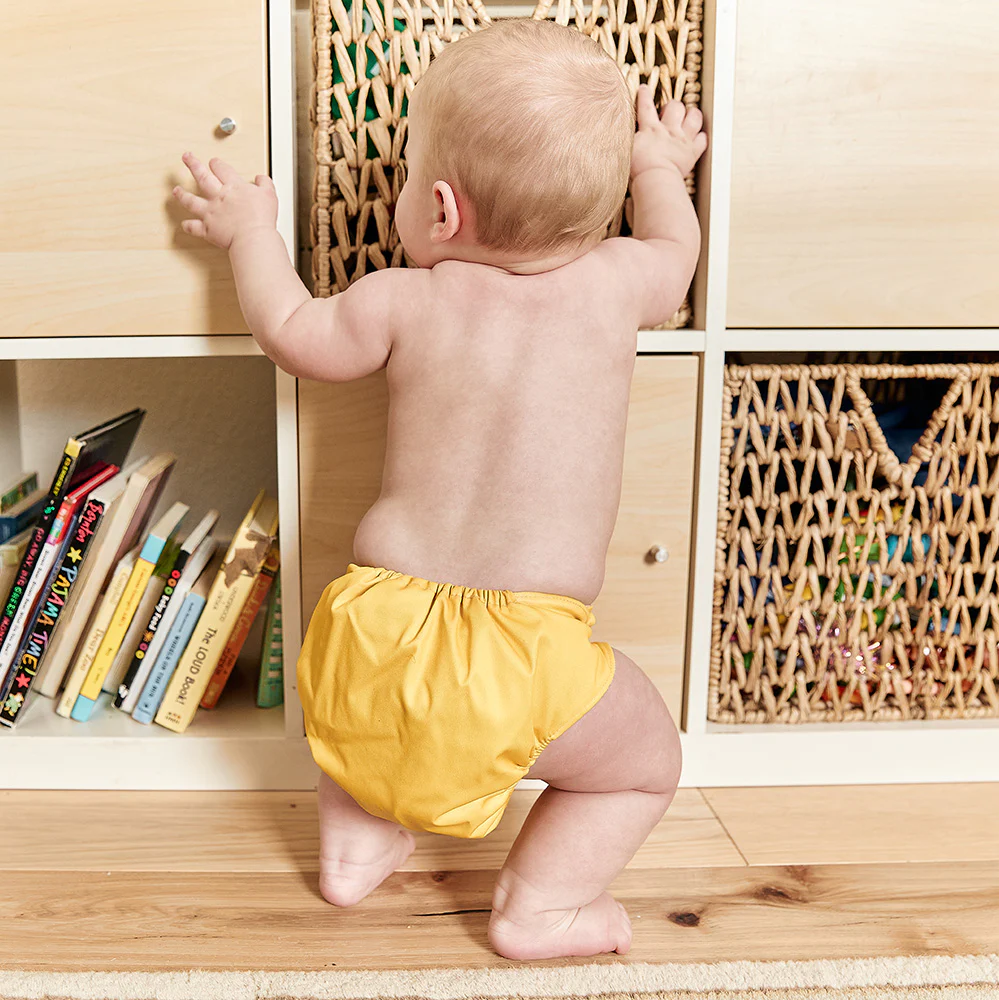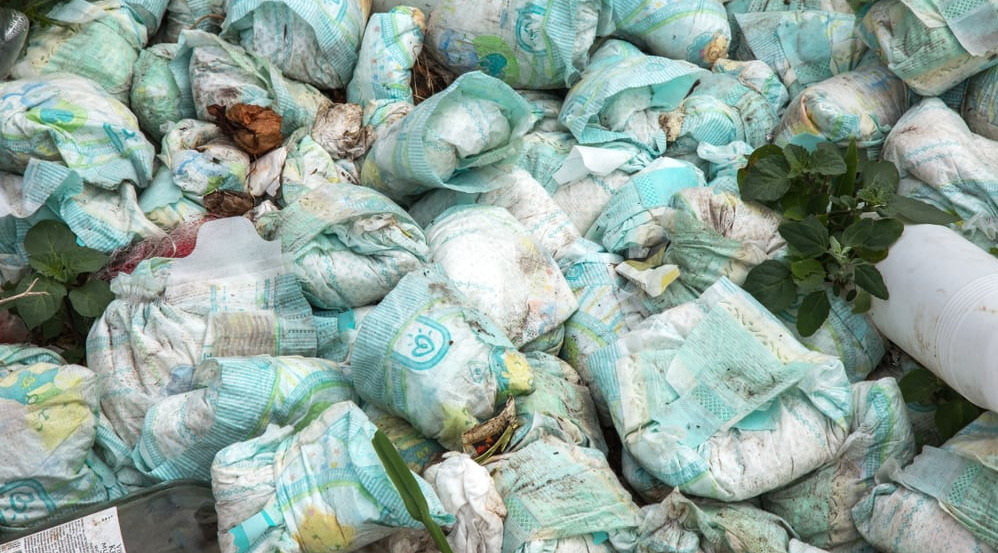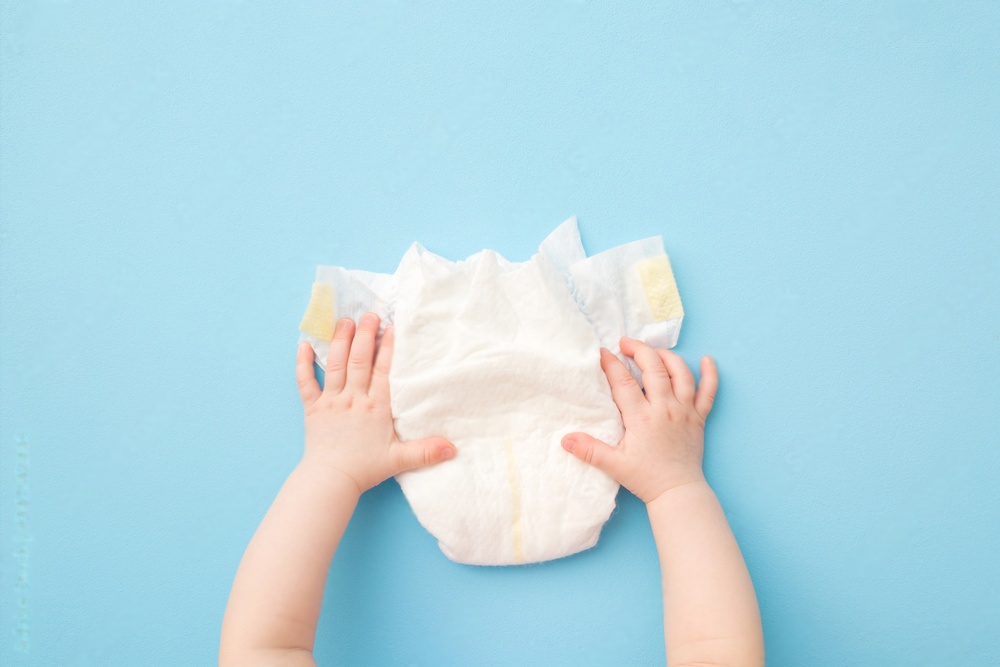Diapering is an essential aspect of caring for infants, with significant implications for their development and well-being. Understanding the impact of diapering practices on infants is crucial for parents and caregivers. In this article, we delve into the various aspects of diapering and explore what research reveals about its effects on infant development.
Types of Diapers
Disposable Diapers

Disposable diapers are widely used for their convenience and ease of disposal. They are made of absorbent materials such as superabsorbent polymers (SAP) and are designed to keep infants dry for extended periods.
Cloth Diapers

Cloth diapers, although less popular than disposable ones, are gaining traction due to their eco-friendliness and cost-effectiveness. They come in various styles, including prefolds, flats, and modern cloth diapers with waterproof covers.
Physical Impact of Diapering on Infants
Skin Health
The choice of diapering method can significantly impact an infant’s skin health. Disposable diapers with chemical additives may lead to diaper rash, while cloth diapers allow for better airflow, reducing the risk of skin irritation.
Mobility and Development
The bulkiness of diapers, especially disposable ones, can affect an infant’s mobility. Studies suggest that infants wearing cloth diapers tend to have better hip development and motor skills due to the absence of synthetic materials restricting movement.
Psychological Impact of Diapering on Infants
Comfort and Emotional Well-being
Comfort plays a vital role in an infant’s emotional well-being. Cloth diapers, being softer and more breathable, may provide greater comfort to infants, enhancing their overall happiness and contentment.
Parent-Infant Bonding
Diapering is not merely a functional task but also an opportunity for bonding between parents and infants. The intimate contact involved in changing diapers fosters closeness and strengthens the parent-infant bond.
Impact of Diapering Practices on Environmental Sustainability

Environmental Concerns with Disposable Diapers
Disposable diapers contribute significantly to landfill waste and environmental pollution. The production and disposal of disposable diapers pose environmental challenges, including resource depletion and greenhouse gas emissions.
Sustainability Benefits of Cloth Diapers
Cloth diapers, on the other hand, offer a more sustainable alternative. They can be reused multiple times, reducing waste generation and environmental footprint. Additionally, advancements in cloth diaper materials have made them more absorbent and leak-proof.
Research Findings on Diapering and Infant Development
Research on diapering and infant development has provided valuable insights into its effects on various aspects of infant health and well-being.
Studies on Diaper Materials and Skin Health
Research indicates that certain diaper materials, such as those containing fragrances or dyes, can increase the risk of skin irritation and diaper dermatitis in infants. Choosing diapers free from such additives can help maintain healthy skin.
Effects of Diapering on Motor Skills Development
Studies have explored the impact of diapering on infant motor skills development. Infants who spend more time in cloth diapers may exhibit better gross motor skills, such as crawling and walking, compared to those wearing disposable diapers.
Psychological Implications of Diapering Methods
The choice between disposable and cloth diapers can have psychological implications for both parents and infants. Parents who opt for cloth diapers may experience a sense of environmental responsibility, while infants may benefit from the tactile comfort provided by cloth materials.
Best Practices for Diapering
Choosing the Right Diaper
When selecting diapers for infants, consider factors such as material composition, absorbency, and fit. Opt for diapers that prioritize comfort and skin health to promote optimal infant development.
Proper Diaper Changing Techniques
Practicing proper diaper changing techniques is essential for preventing diaper rash and ensuring hygiene. Remember to clean the diaper area thoroughly, apply a barrier cream if necessary, and use gentle, fragrance-free wipes.
Conclusion
Diapering plays a crucial role in infant care, with far-reaching effects on both physical and psychological development. By understanding the impact of diapering practices and choosing diapers that prioritize comfort, skin health, and sustainability, parents can support optimal infant development and well-being.



